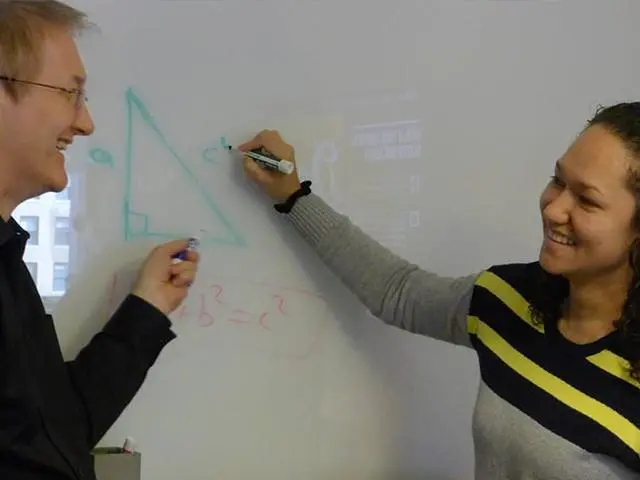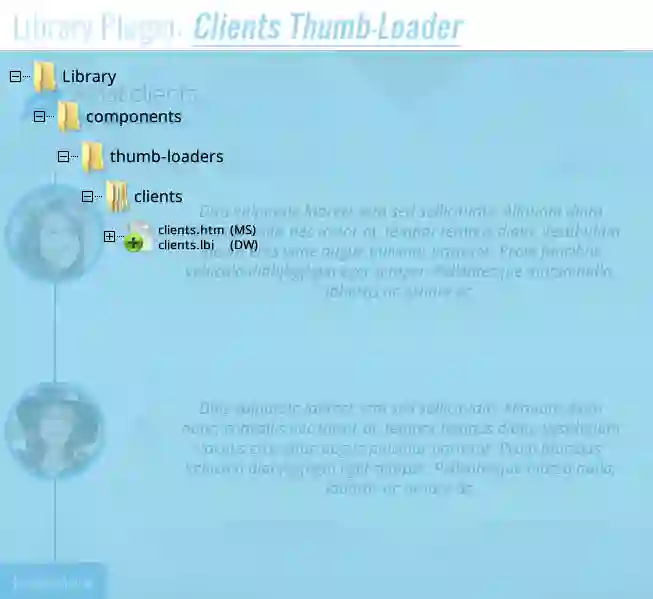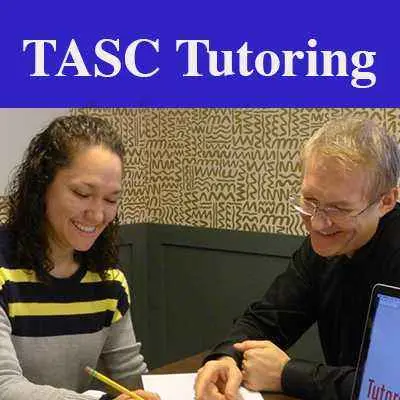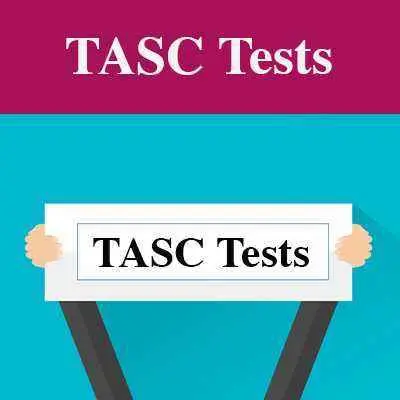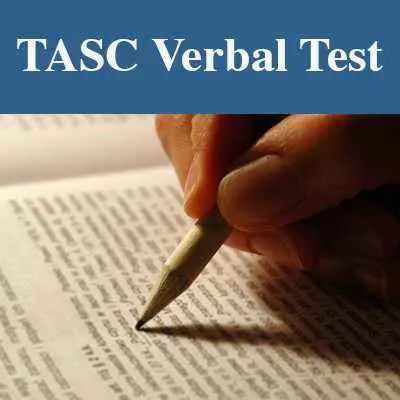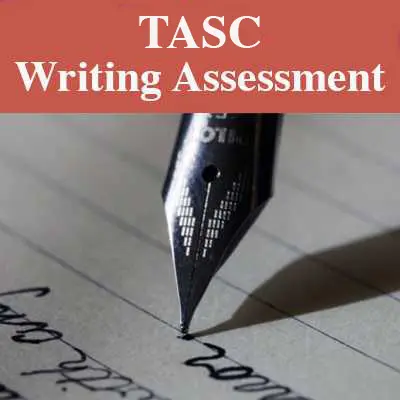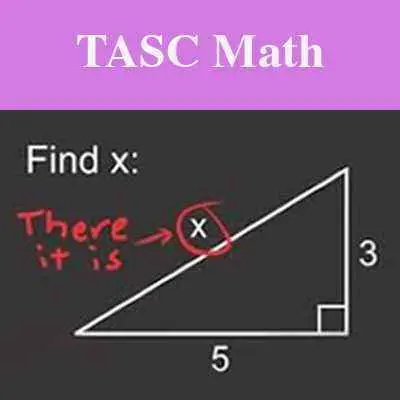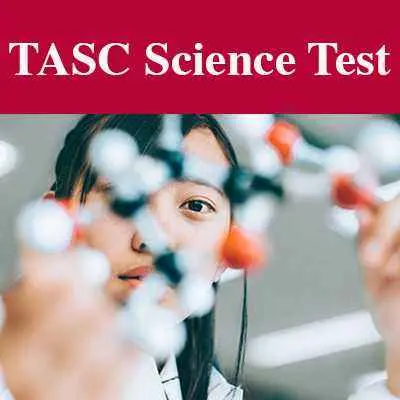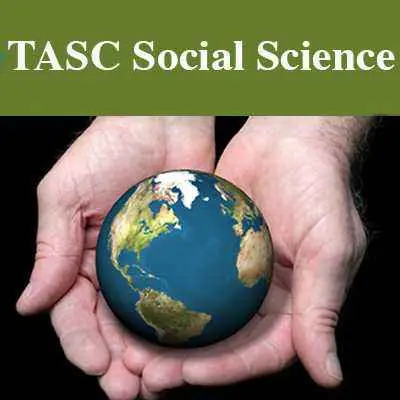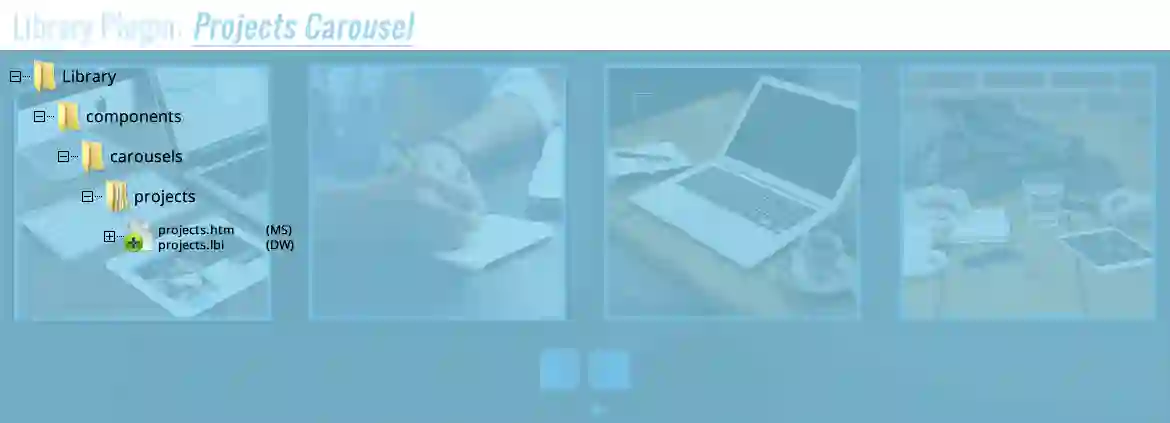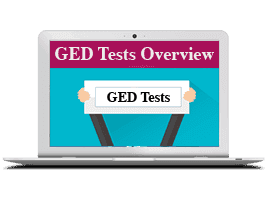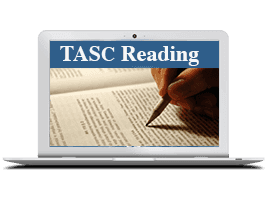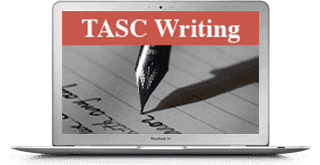TASC Social Studies Test
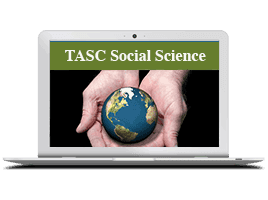
The TASC Social Studies Test evaluates your ability to understand, interpret, and apply information about U.S. and World history, geography, government, economics, and civics concepts. You will have 75 minutes to answer 47 items based on reading passages and interpreting graphics such as charts, graphs, diagrams, editorial cartoons, photographs, and maps. Most items on the TASC Social Studies Test will be multiple-choice, though you may also see multiple-answer, drag-and-drop, and constructed-response items.
Civics and Government topics account for 25% of the questions on the TASC Social Studies test. These topics include modern and historical governments, constitutional government, levels and branches of the U.S. government, the electoral system, and the role of the citizen.
U.S. History topics account for 25% of the questions on the TASC Social Studies test. These topics stretch from colonialism and the American Revolution through the Civil War and Reconstruction into the modern era of industrialization, immigration, two world wars, the Cold War, and the movements for equal rights.
Economics topics account for 20% of the questions on the TASC Social Studies test. These topics include basic economics concepts and systems, the government and the economy, and labor and consumer economics issues.
Geography and the World topics account for 15% of the questions on the TASC Social Studies test. These topics cover major stages in world history as well as the relationship among resources, the environment, and societies.
World History topics account for 15% of the questions on the TASC Social Studies test. These topics include the beginnings and development of human societies as well as political and economic revolutions and the causes and consequences of wars in the modern era.

